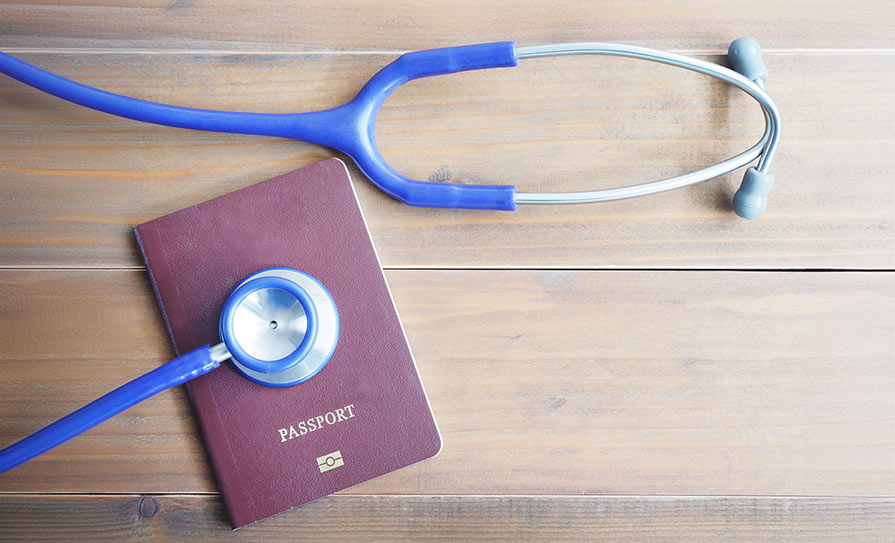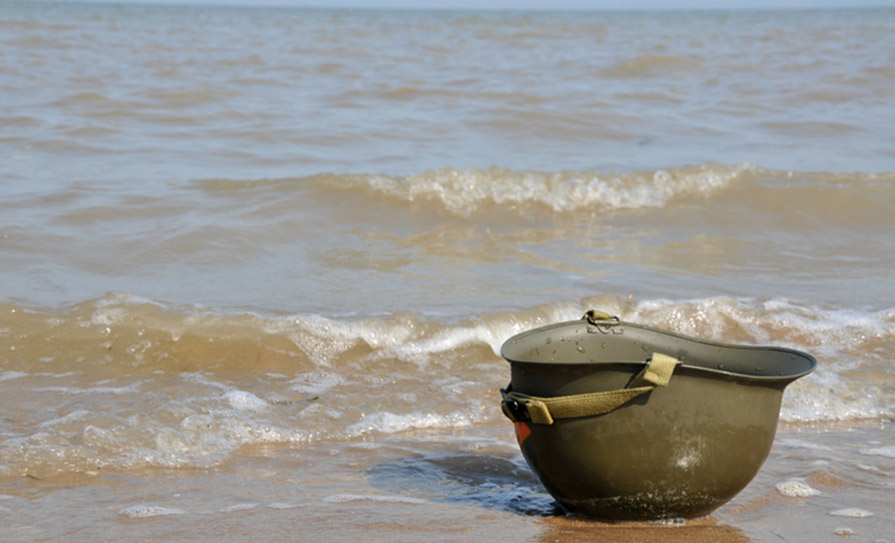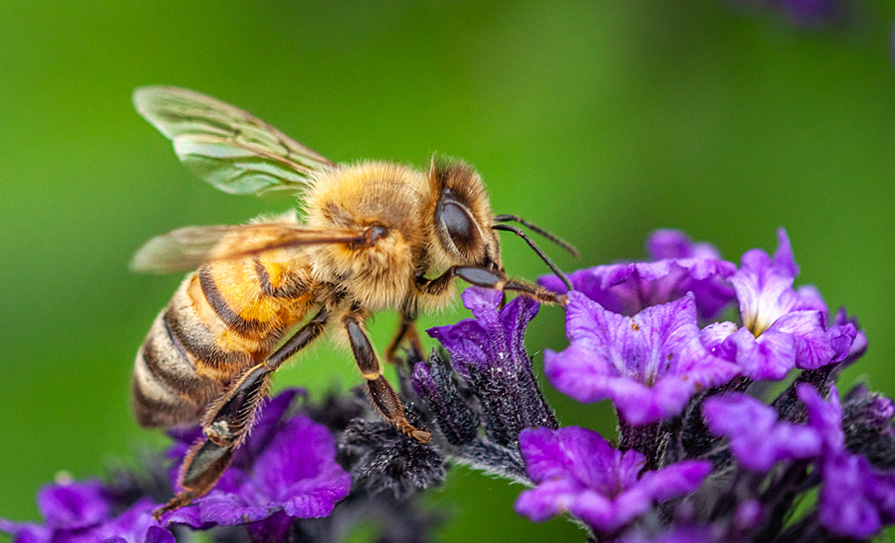A paediatric consultation requires special skills, particularly if a child is reluctant to engage or has particular needs. Apart from the dreaded needles, a throat swab can be challenging if the little patient is feeling less than co-operative.
A quirky innovation by researchers at the University of Queensland in Australia may go some way towards sparing children a gag-inducing throat swab, and also has applications for adults who feel unable to tolerate the procedure. It may also help to promote at-home testing, a phenomenon that gained traction during Covid-19.
Now, it has been shown for the first time that a lollipop-based saliva collection system is effective in capturing bacteria and can also remain shelf-stable for up to 12 months. In a move that could possibly one day replace quantitative polymerase chain reaction (qPCR) testing, the researchers have enabled gathering a sufficient saliva sample simply by sucking on a lollipop.
The CandyCollect lollipop looks like most other lollipops, apart from a spoon-like stick with a spiral-shaped groove designed into the top. As the lollipop is eaten, the flattened end, which is coated with isomalt candy (a sugar substitute created from real sugar and made from beets), allows the saliva to flow easily into the groove.
It’s not a brand new concept – the same researchers had previously tested CandyCollect in the lab and showed that it could capture the bacteria responsible for strep throat. But this time, they wanted to test their system against other at-home saliva sampling methods that are available.
Two conventional saliva sampling kits, along with CandyCollect, were sent to 28 adult volunteers. The participants used them and filled out a survey and returned them to the lab. As expected, with the conventional qPCR systems, Streptococcus mutans and Staphylococcus aureus were detected and quantified. However, CandyCollect also detected them with 100 per cent accuracy, and as you can imagine, they were far more popular than the standard kits in terms of user-friendliness. The phrases “least disgusting” and “most sanitary” were noted in the survey feedback.
In a move that could possibly one day replace quantitative polymerase chain reaction testing, the researchers have enabled gathering a sufficient saliva sample simply by sucking on a lollipop
As at-home testing continues to gain in popularity for all kinds of reasons, this may be one to watch for the future. The findings were published recently in Analytical Chemistry.
Continuing this issue’s round-up of offbeat research, and again from the busy people at the University of Queensland, it has been shown that wearing a face mask can affect decision-making in some situations. While wearing face masks helped curb the spread of Covid-19, their impact on cognitive performance has not been the subject of substantive research. In this study, the researchers enrolled 8,000 people in 18 countries before and during the Covid-19 pandemic. The participants played chess with their masks on and the study encompassed almost three million chess moves across the different games and countries.
The bottom line was that wearing a mask substantially reduced the average quality of players’ decisions. The decrease in performance was due to the annoyance caused by the masks rather than a physiological mechanism. Participants did, however, adjust to the distraction over time.
“The data showed masks were more likely to decrease performance in situations where there was a demanding mental task with a high working memory load,” said researcher Dr David Smerdon (PhD), who is also an Australian chess grandmaster.
“This is something to keep in mind for occupations in the STEM fields of science, technology, engineering, and mathematics, as well as other professions that demand a high level of working memory, such as language interpreters, performers, waiters, and teachers.”













Leave a Reply
You must be logged in to post a comment.